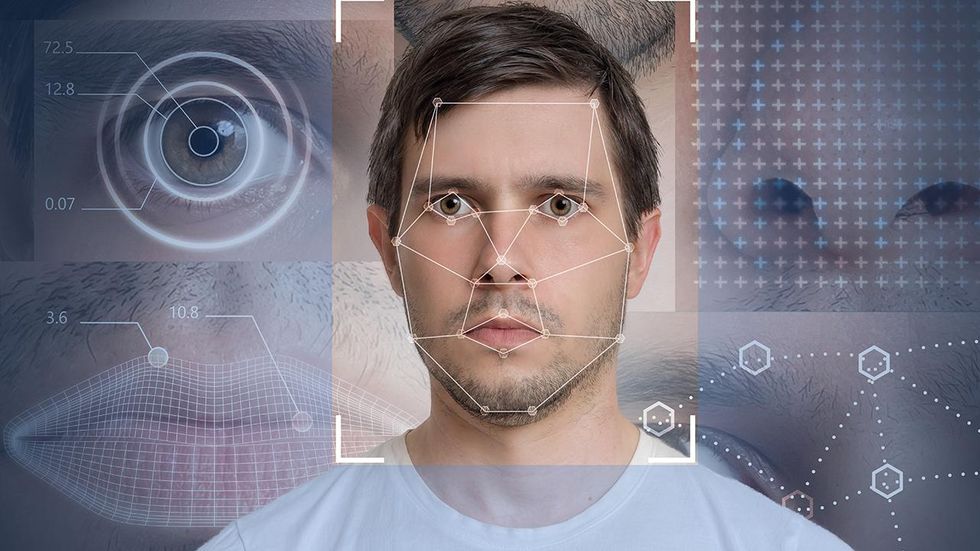
Orlando International Airport, Florida's busiest airport, is becoming the first in the U.S. to require face scans for all U.S. citizen passengers on arriving and departing flights. (iStock / Getty Images Plus)

The Orlando International Airport will become the first in the nation to require face scans for all passengers – including U.S. citizens – who are arriving or departing on international flights, according to The Associated Press.
The announcement, coming from officials at Florida’s busiest airport, is raising concerns among some privacy advocates. One reason is the lack of rules for cataloging the face scans. Also, no rules exist for dealing with passengers who are wrongly prevented from boarding a flight, according to the report.
Airports in “Atlanta, Boston, Chicago, Houston, Las Vegas, Miami, New York and Washington,” require face scans for some departing international flights, but not for all international flights, the report states. At these airports, the Department of Homeland Security allows U.S. citizens to opt out of face scans.
But the agency is not necessarily informing Americans about that option, Harrison Rudolph, an associate at the Center on Privacy & Technology at Georgetown University Law Center, told the AP.
Face scan images are essentially a Department of Homeland Security biometric database that keeps track of who should be on a flight.
Jennifer Gabris, a spokeswoman for the U.S. Customs and Border Protection told The Associated Press that U.S. citizens at the Orlando airport will also be able to opt out.
But a notice about the rule change at Orlando indicates “U.S. citizens may be required to provide photographs upon entering or departing the United States,” according to the report.
Rudolph said the change at Orlando means many more people will submit to face scans.
“We’re not talking about one gate,” Rudolph said. “We’re talking about every international departure gate, which is a huge expansion of the number of people who will be scanned. Errors tend to go up as uses go up.”
Last year, the Orlando International Airport had about six million international passengers, the report states.
Another concern is that the face scans tend to be inaccurate for racial minorities, women and children, Rudolph said. That is partly because the photos “used to train the face-scanning software,” under-represents those demographics.
Last month, two U.S. senators sent a letter to the DHS, which oversees the border patrol. The senators urged that rules be established before the program goes into effect.
“It will also ensure a full vetting of this potentially sweeping program that could impact every American leaving the country by airport,” the letter from U.S. Sens. Ed Markey (D-Mass.) and Mike Lee (R-Utah) said.